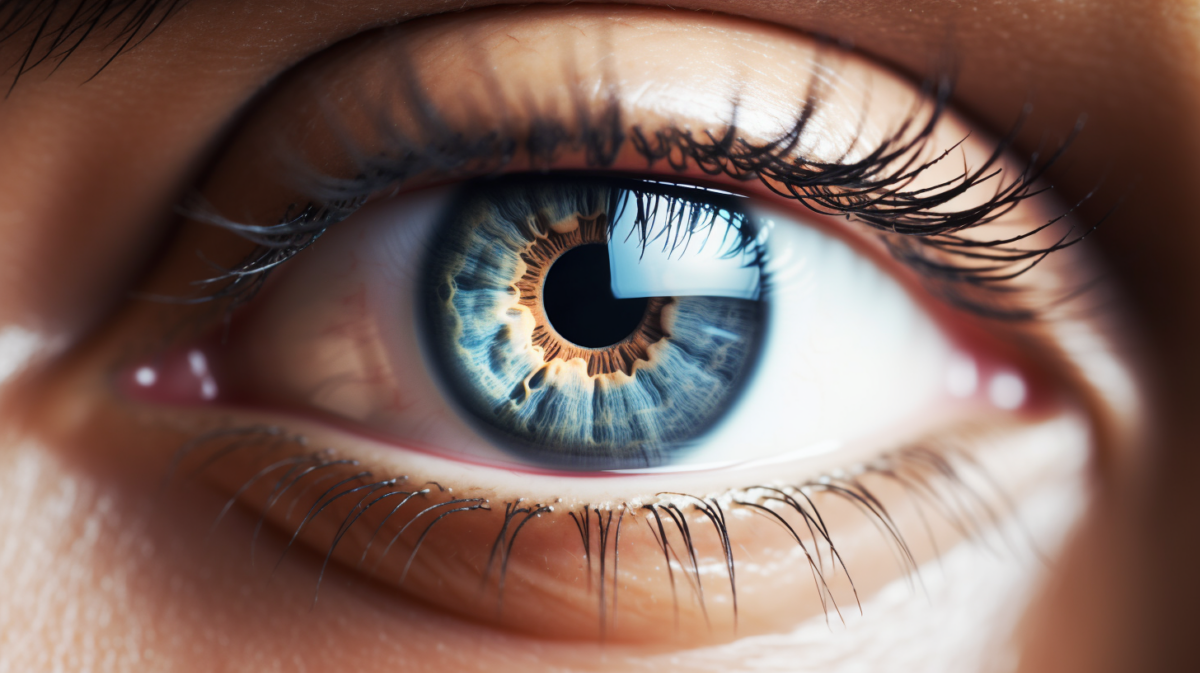The Importance of Regular Eye Exams: Catching Eye Diseases Early

Your eyes are an essential part of your overall health and well-being. They allow you to see the world around you and are crucial for daily activities such as reading, driving, and working. However, like any other part of your body, your eyes are also prone to various diseases and conditions that can affect your vision and quality of life. This is why it’s crucial to schedule regular eye exams with your eye doctor to catch any potential eye diseases or conditions early and prevent further damage.
Common Eye Diseases and Conditions
There are several common eye diseases and conditions that can be caught early through regular eye exams. These include:
- Glaucoma: a group of eye diseases that can cause vision loss and blindness by damaging the optic nerve. Early detection is crucial for preventing further damage and preserving vision.
- Cataracts: a clouding of the eye’s natural lens that can cause blurred vision and eventually blindness. Cataracts are treatable with surgery, but early detection is key for better outcomes.
- Age-related macular degeneration (AMD): a condition that affects the retina, leading to vision loss. Early detection and treatment can help slow down the progression of the disease.
- Diabetic retinopathy: a complication of diabetes that damages blood vessels in the retina, leading to vision loss. Early detection and management of diabetes can help prevent or delay diabetic retinopathy.
Benefits of Early Detection
The benefits of early detection of eye diseases and conditions cannot be overstated. Catching eye diseases early can:
- Help prevent or delay vision loss
- Preserve your vision and quality of life
- Allow for earlier and more effective treatment
- Save you money on more costly treatments or surgeries down the line
Scheduling and Preparing for an Eye Exam
To catch eye diseases early, it’s important to schedule regular eye exams with your eye doctor. The American Academy of Ophthalmology recommends that adults between the ages of 20 and 39 have an eye exam at least once every two to four years, while adults over the age of 40 should have an eye exam every one to two years.
When preparing for an eye exam, make sure to:
- Bring your glasses or contact lenses if you wear them
- Provide your eye doctor with your complete medical history, including any medications you’re taking
- Discuss any vision changes or concerns you may have
Types of Eye Exams
During an eye exam, your eye doctor will perform several tests to evaluate your eye health and detect any potential eye diseases or conditions. These tests may include:
- Visual acuity test: measures how well you can see at different distances
- Refraction test: determines your prescription for glasses or contact lenses
- Eye pressure test: measures the pressure inside your eye, which can help detect glaucoma
- Dilated eye exam: your eye doctor will use eye drops to dilate your pupils and examine your retina and optic nerve
Regular eye exams are essential for maintaining good eye health and catching eye diseases early. By scheduling regular eye exams and taking proactive steps to care for your eyes, you can preserve your vision and quality of life for years to come. If it’s been a while since your last eye exam, don’t hesitate to schedule one today. Your eyes will thank you for it!
